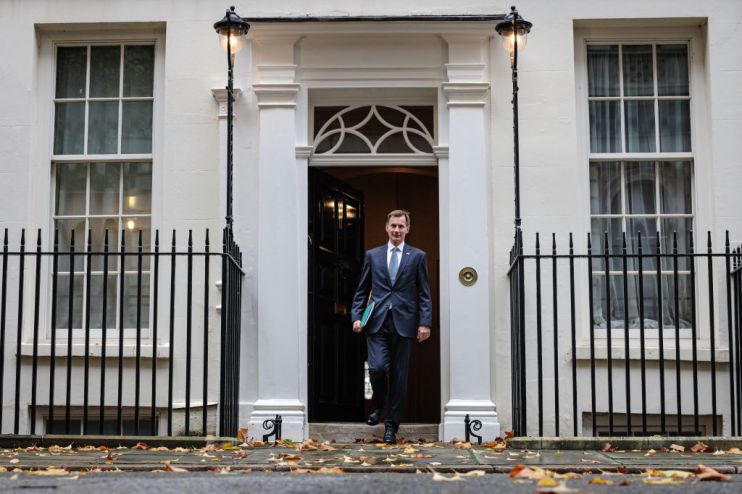Would the rumoured inheritance tax cut see an exodus from AIM?

With the autumn statement imminent, rumours have been swirling that the inheritance tax rate might be cut, or even abolished entirely.
As a result, concerns have been mounting that the possible changes to the tax could have negative consequences for London’s Alternative Investment Market (AIM)
Under the current rules, shares in many companies traded on AIM are eligible for business property relief. AIM shares that qualify for business property relief are exempt from inheritance tax if they’ve been held for two years or more.
Laith Khalaf, head of investment analysis at AJ Bell, said that drastically cutting back inheritance tax could undermine the need for this protection and with it the demand for AIM shares.
“For those who have invested in AIM to mitigate [inheritance tax], an inheritance tax cut wouldn’t mean everyone immediately heading for the exits. But some may reassess their position and gradually drift away into less risky areas,” Khalaf said.
“Fresh AIM investors may be harder to come by too, if such a big tax break is watered down by a cut in the underlying tax.”
However, the AJ Bell analyst warned that the bigger risk would be that an inheritance tax cut spooks other investors who then sell down their holdings in fear of a drop in demand.
The UK Equity Markets Association said it is estimated that inheritance tax funds account for between £6bn and £7bn of investment in qualifying AIM/Aquis listed securities. It says this represents around 10 per cent of the total value of the AIM/Aquis market.
Consequently, UKEMA Chair Simon Rafferty told City A.M. that if the inheritance tax incentive was tapered or withdrawn, there would be a detrimental impact on the UK’s growth companies.
Nicholas Hyett, investment manager at Wealth Club, said reducing the inheritance tax rate from its current 40 per cent would not have the same damaging effect as abolishing it all altogether.
He cautioned that AIM would not escape unscathed, however.
Hyett said cutting the inheritance tax rate to 20 per cent, and by extension cutting the relief available through AIM investment to 20 per cent, would require AIM stocks to trade at a lower price to deliver the same level of after-tax return.
“All things being equal that would make it more expensive for businesses to raise money to invest in growth,” Hyett said.
“Crucially however, cutting rather than abolishing IHT does not render the billions of pounds in IHT portfolios instantly redundant. That makes it less likely that there would be rapid capital flight from the AIM market and therefore is likely to avoid the major disruption possible in the event of a complete IHT cut.”
Charles Inceldon, client director at Bowmore Asset Management, agreed a mass exodus from the market was unlikely but acknowledged there would be “a bit of a restructuring” as people started to assess the changes.
“A lot of the existing money that is held within AIM is there on the basis of tax relief. If there were to be a bit of a U-turn or change in legislation around tax relief, then immediately you’d probably have quite a few investors or advisers that oversee these investments questioning whether or not they should retain investment,” he said.
The Treasury is currently on course to secure a record inheritance tax take this year.
According to fresh data from HM Revenue & Customs on Tuesday, inheritance tax receipts from April to October totalled £4.6bn, up £500m against the year prior.
This means inheritance tax receipts are on track to hit £7.8bn this tax year, surpassing last year’s all-time high of £7.1bn.
Rosie Hooper, a chartered financial planner at Quilter, said the increasing revenue from inheritance tax has “caused a conundrum” for the government amid the rumours and the power the tax has to split voters.